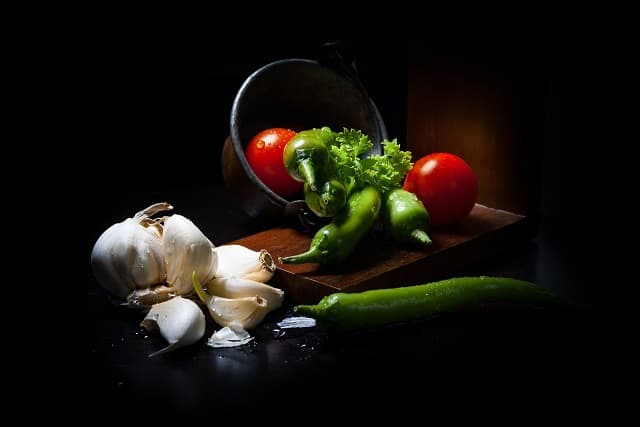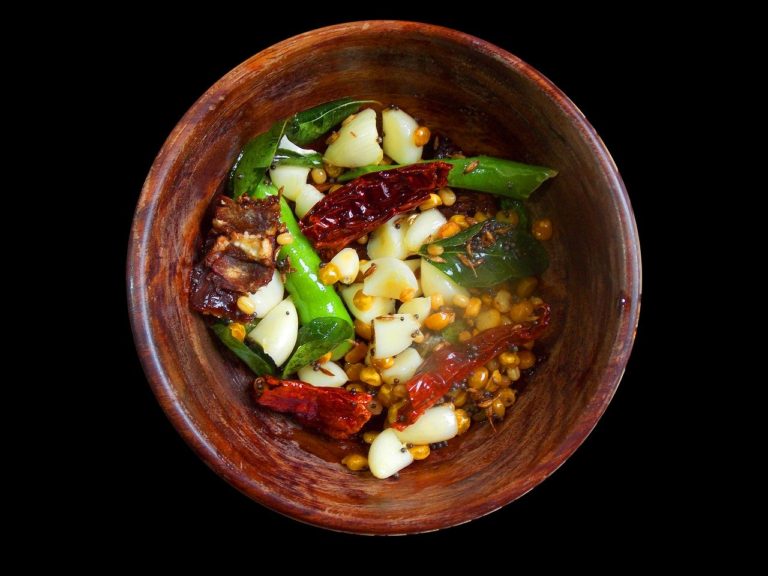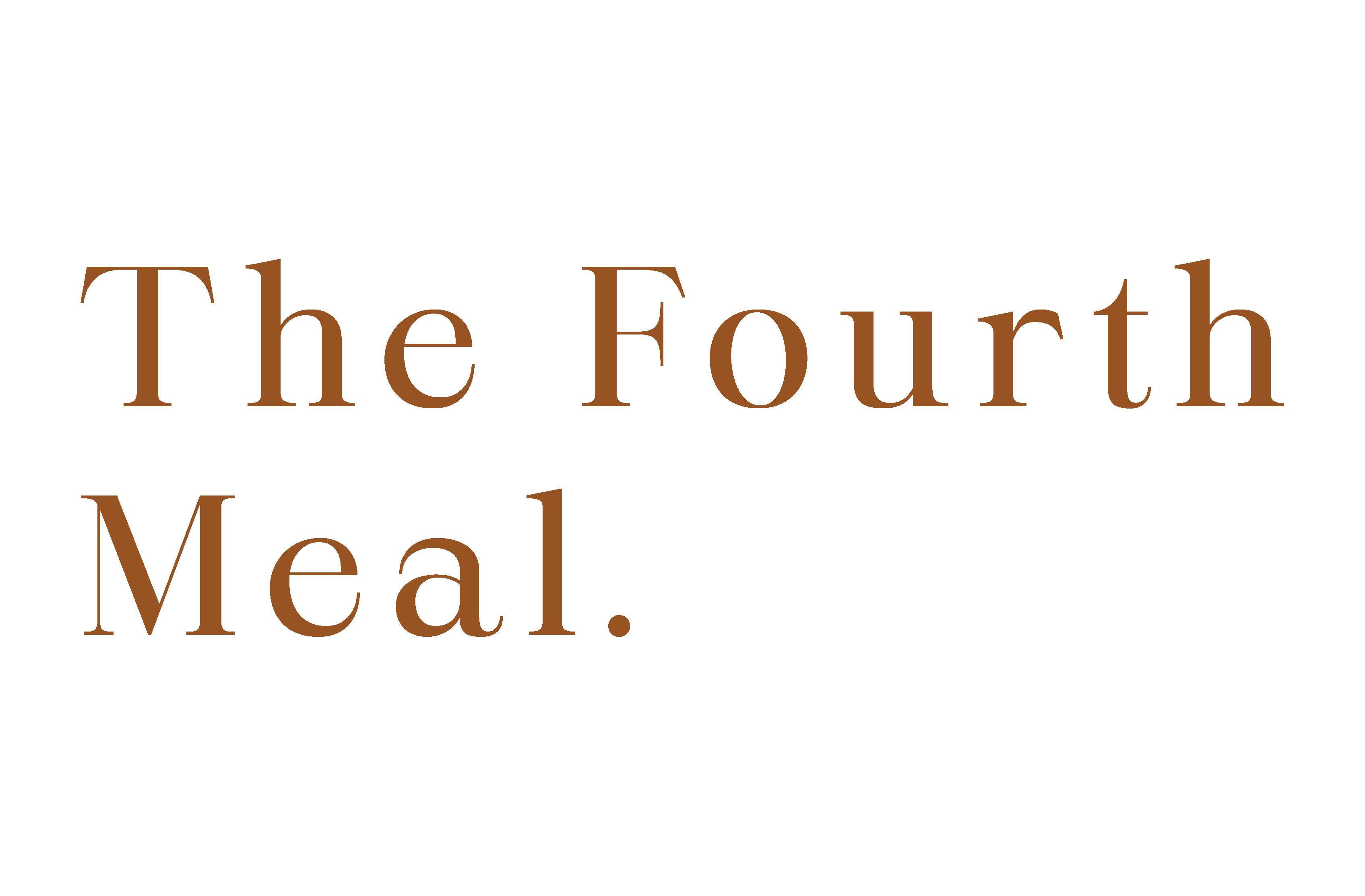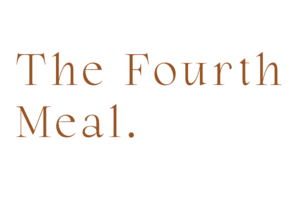VEGANISM : THE MOVEMENT
“But it must be a trend, it’s everywhere”! That’s what you must be thinking, and it’s true, there’s nothing wrong with that statement. It is trending, but, I wouldn’t call it a trend; it is a lifestyle that is trending at this point. To clarify, let’s use the definition from the Oxford English Dictionary: a trend is a general direction in which something is developing or changing. The keyword being “developing”.

Veganism is nothing new, it has been around for centuries. It just wasn’t embedded in a lot of cultures, and I believe that is where the disconnect is, that is why veganism is considered by many as a journey of self. Since trends generally have varying lifespans, veganism is undoubtedly here to stay, and we all have to get used to it. We have to adapt to the ever-changing scope of the culinary industry. Gone are the days of just “whipping up” something quick when you get a vegetarian in the restaurant.
What is vegan?
Let’s consult the dictionary again: “A person who does not eat or use animal products.” This includes dairy products and honey. People choose to be vegan for different reasons, some are against animal cruelty and the idea of taking the life of an animal for human consumption, others just want to enjoy the numerous health benefits associated with a plant-based diet. Some people argue that one does not get the essential nutrients from plants that he/she would otherwise find in animal products. Studies show that you can. The transition to veganism is difficult especially for individuals whose culture is heavily influenced by meat for nourishment.
The health benefits
A vegan diet is synonymous with tremendous health benefits, such as protecting against certain cancers, weight loss/retention, lowering the risks of heart disease, improving kidney function, etc. With that said, vegan diets provide more of the essential nutrients such as folate, vitamin A, C and E, potassium, fiber, magnesium, etc. However, poorly planned vegan meals may lack in the provision of calcium, vitamin B12, iron, zinc, essential fatty acids, etc. Among the benefits of a vegan diet is the reduced feeling of being bloated after a meal.
Arguably the most comprehensive study done on plant-based diets (veganism) is “The China study” by T. Colin Campbell, a Biochemist and professor of Nutritional Biochemistry at Cornell University, and his son Thomas M. Campbell II, a physician. Based on the “China-Oxford-Cornell Study on Dietary, Lifestyle and Disease Mortality Characteristics in 65 Rural Chinese Counties,” the team aims to find the link between an animal-based diet (including dairy and egg) and numerous chronic illnesses such as bowel cancer, diabetes, chronic heart disease, prostate cancer, breast cancer, etc. This study concludes that people who eat animal-based foods (including processed products) are more likely to contract such diseases, as opposed to those focused on a more plant-based diet.
A counter-argument is that there are many cultures built on the consumption of animal products, including the ancestors of most vegans; so why so bad all of a sudden? You may have heard the term “organic”; this term is used to describe foods whose method of production is free from pesticides, hormones, antibiotics, chemically engineered fertilizers, etc. The livestock industry in particular has come under a vast amount of scrutiny due of these practices of loading animals full of hormones and antibiotics. Most choose to move to this option of eating organic produce rather than adopting a vegan diet, since other studies have found the main causes of these diseases being mostly from these various additives used in non-organic produce.


Balance is key
I read an article that stated that “vegans on average take more sick days at work than meat-eaters”. I don’t know how accurate the study was, but, the point was that most vegan meals lack some of the vital nutrients found in meat and dairy products. Experts would argue otherwise. A great number of people that adopt the diet overlook the importance of balanced diet; veganism goes well beyond a few fruits and vegetables. A well balanced vegan diet exploits the 5 building blocks (Fruit; Vegetables; Legumes, pulses & beans; Nuts & seeds; Whole Grains). Nutrients omitted by not eating meat or dairy must still be introduced through a plant-based source. So…By skipping that step, you’re not doing your body any favors.
Beyond culinary: The vegan activist
Although the arguments are plausible, the choice will always be yours to educate yourself on what matters most to you. A lot of vegans are activists, and stand for animal rights and are all for saving the planet along with all its livestock. Do vegans wear clothes made of leather or drive cars with leather seats or rock feather hats etc? I don’t know, maybe the hardcore/activist vegan.
The world is a scary place that thrives more on profits than on the health or well-being of the human. I believe the planet began dying when large scale farming was born. Corn doesn’t taste like corn anymore. We need more doctors than ever, and on a grand scale of things we remain ignorant of what surrounds us. I am a classically trained chef and I base my diet on more plant than meat. I eat and serve both meat and seafood. On a grand scale, one simple fact should remain; whether you’re a carnivore, herbivore or both, and that is to always make an effort of knowing the source of all your food.
Quotes from the China study
Below are a few quotes from T. Collin Campbell
“Everything in food works together to create health or disease. The more we think that a single chemical characterizes a whole food, the more we stray into idiocy.”
“Every kilogram of beef requires 100,000 liters of water to produce. By comparison, a kilogram of wheat requires just 900 liters, and a kilogram of potatoes just 500 liters.”
“What you eat every day is a far more powerful determinant of your health than your DNA or most of the nasty chemicals lurking in your environment.” “Furthermore, a pattern was beginning to emerge: nutrients from animal-based foods increased tumor development while nutrients from plant-based foods decreased tumor development.”

“How did we forget these lessons from the past? How did we go from knowing that the best athletes in the ancient Greek Olympics must consume a plant-based diet to fearing that vegetarians don’t get enough protein? How did we get to a place where the healers of our society, our doctors, know little, if anything, about nutrition; where our medical institutions denigrate the subject; where using prescription drugs and going to hospitals is the third leading cause of death? How did we get to a place where advocating a plant-based diet can jeopardize a professional career, where scientists spend more time mastering nature than respecting it? How did we get to a place where the companies that profit from our sickness are the ones telling us how to be healthy; where the companies that profit from our food choices are the ones telling us what to eat; where the public’s hard-earned money is being spent by the government to boost the drug industry’s profits; and where there is more distrust than trust of our government’s policies on foods, drugs and health? How did we get to a place where Americans are so confused about what is healthy that they no longer care?”

